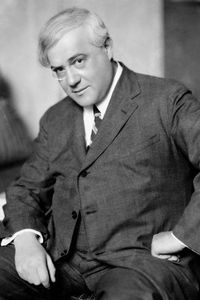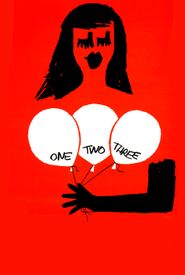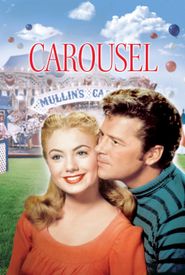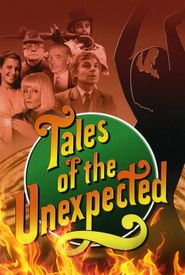Ferenc Molnár, initially known as Ferenc Neumann, emerged as a celebrated Hungarian playwright and author, whose life and literary endeavors would go on to captivate audiences worldwide. Born on January 12, 1878, in the vibrant city of Budapest, Hungary, Molnár's early years laid the foundation for his future success.
Molnár's literary reputation is largely defined by his masterpiece, "The Paul Street Boys", a timeless and captivating narrative that delves into the complexities of youth culture in Budapest. The novel masterfully weaves together the stories of two rival gangs, expertly exploring the intricacies of solidarity and self-sacrifice as the characters navigate their relationships and the challenges that come with growing up.
"The Paul Street Boys" has become a beloved classic not only in Hungary but also around the world, earning a prestigious ranking as the second most popular book in the Hungarian version of the Big Read in 2005. This esteemed literary poll showcases the novel's enduring appeal and its ability to transcend cultural boundaries.
Furthermore, "The Paul Street Boys" has been successfully adapted into several films, with a notable production being a collaborative effort between Hungarian and U.S. filmmakers, released in 1969. This cinematic rendition brought the novel's captivating story to life, introducing it to a wider audience and cementing its status as a timeless and iconic work of literature.
Molnár's remarkable theatrical repertoire boasts an impressive array of notable plays, including the iconic "Liliom" which premiered in 1909 and was later adapted into the beloved Rodgers and Hammerstein musical play "Carousel" in 1945.
Another standout production is "The Guardsman", which originally debuted in 1910 and was later translated in 1924, serving as the inspiration for the 1931 film of the same name.
Furthermore, Molnár's "The Swan" holds a special place in his oeuvre, having been first performed in 1920 and subsequently translated in 1922.
In addition to his theatrical accomplishments, Molnár also ventured into the realm of filmmaking, with his 1918 Hungarian film "The Devil" being later adapted for American audiences in 1921, starring the esteemed George Arliss in his first nationally released film.
Notably, the 1956 film adaptation of "The Swan" was released on the very day of Princess Grace Kelly's wedding to Prince Rainier, making it a memorable cinematic event.
Preston Sturges adapted two of Ferenc Molnar's plays for other media, with "The Good Fairy" being one of them. The play was first filmed in 1935, starring Margaret Sullavan, and later served as the basis for the 1947 film "I'll Be Yours", starring Deanna Durbin. Additionally, Sturges wrote the book for the 1951 Broadway musical "Make a Wish", which was also based on Molnar's play.
The film adaptation of the operetta "The Chocolate Soldier" drew inspiration from Molnar's play "The Guardsman", rather than the original stage version, which was based on George Bernard Shaw's play "Arms and the Man". Shaw, however, was not pleased with the operetta adaptation of his work and refused to allow his plot to be used in the film version.
The playwright Ferenc Molnar's remarkable work "Olympia" has been successfully adapted into two cinematic masterpieces: "His Glorious Night" (1929) and "A Breath of Scandal" (1960). The former, a film adaptation of Molnar's play, is infamous for allegedly contributing to the downfall of the esteemed actor John Gilbert's career. In contrast, the latter, starring the captivating Sophia Loren, showcases Molnar's enduring ability to captivate audiences across generations.
Furthermore, in 1961, the renowned filmmaker Billy Wilder and the accomplished screenwriter I.A.L. Diamond transformed Molnar's one-act play "Egy, kettő, három" into the captivating film "One, Two, Three", featuring the talented James Cagney and Horst Buchholz. This remarkable adaptation not only demonstrates Molnar's versatility as a playwright but also his capacity to transcend linguistic and cultural boundaries, as his work continues to inspire and entertain audiences worldwide.
The notable literary endeavors of P. G. Wodehouse and Tom Stoppard have seen the transformation of Molnar's theatrical masterpiece, "The Play at the Castle", into two distinct English adaptations.
P. G. Wodehouse's reworking of the play has resulted in the creation of "The Play's the Thing", a testament to the enduring appeal of Molnar's original work.
Meanwhile, Tom Stoppard's adaptation has given rise to "Rough Crossing", a unique interpretation that showcases the versatility of Molnar's play and its ability to transcend linguistic and cultural boundaries.





















